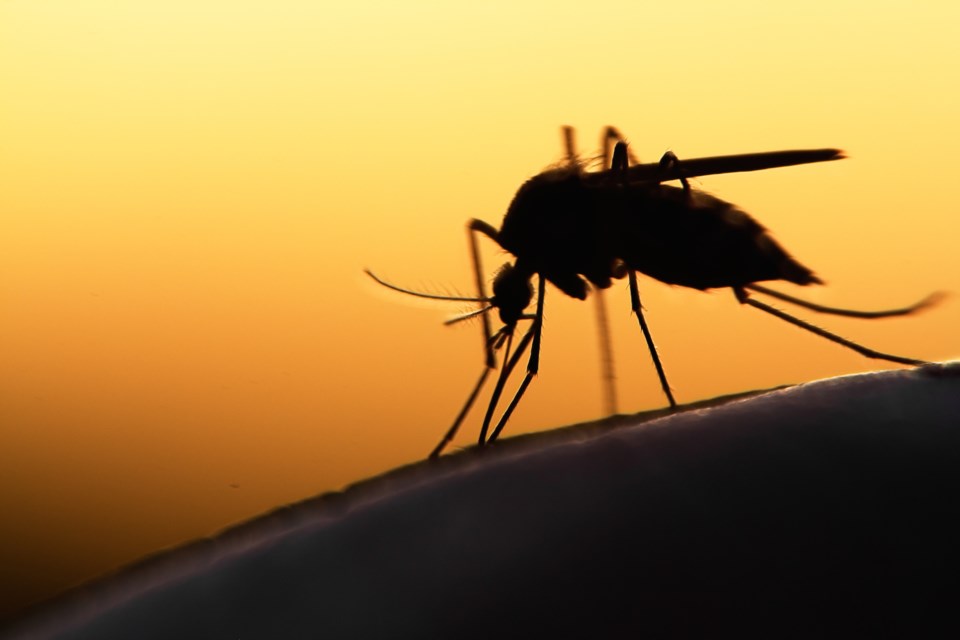NEWS RELEASE
NIAGARA REGION PUBLIC HEALTH
*********************************
Niagara Region Public Health has reported its first laboratory-confirmed human case of West Nile virus infection of 2024.
While most people infected with West Nile virus do not get sick, 20 per cent of people will experience flu-like symptoms and fatigue. One per cent of individuals infected with West Nile virus will experience severe symptoms and serious health effects, such as a rapid severe headache, neck stiffness, confusion, weakness, and sudden sensitivity to light. Older individuals or individuals with compromised immune systems are at higher risk of developing severe symptoms.
While flu-like symptoms may be attributable to many causes, West Nile virus could be a possibility in an individual experiencing any of the above symptoms and recent mosquito bites. Any individual concerned about their symptoms should see a health care provider.
To prevent mosquito bites and reduce the risk of exposure to West Nile virus, Public Health recommends the following:
- Drain standing water around the home where mosquitoes may breed (e.g., bird baths, plant saucers, tires, toys, pails and wheelbarrows)
- Repair damaged doors and window screens
- Avoid mosquito-infested areas, such as ponds
- Wear long-sleeved shirts, hats, long pants, socks and shoes that cover the feet – especially at dawn and in the evening when mosquitoes are active
- Use insect repellants containing DEET or Icaridin
Each summer, Public Health runs a larviciding program across Niagara to control mosquito populations and reduce the spread of West Nile virus. The program involves applying larvicide to municipal and private catch basins and other areas of standing water where mosquitoes breed, including ditches and storm water retention ponds. This larvicide is Health Canada-approved and poses no risk to human health.
Further information regarding West Nile virus illness and how to reduce the risk of infection can be found on our website or by calling Public Health at 905-688-8248 or 1-888-505-6074, ext. 7590.
*********************************



